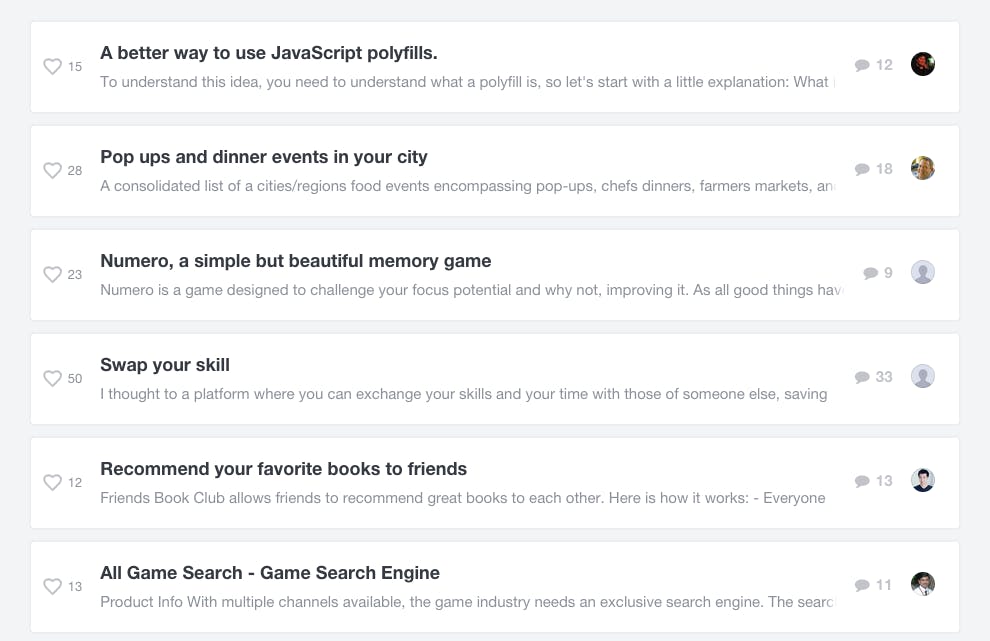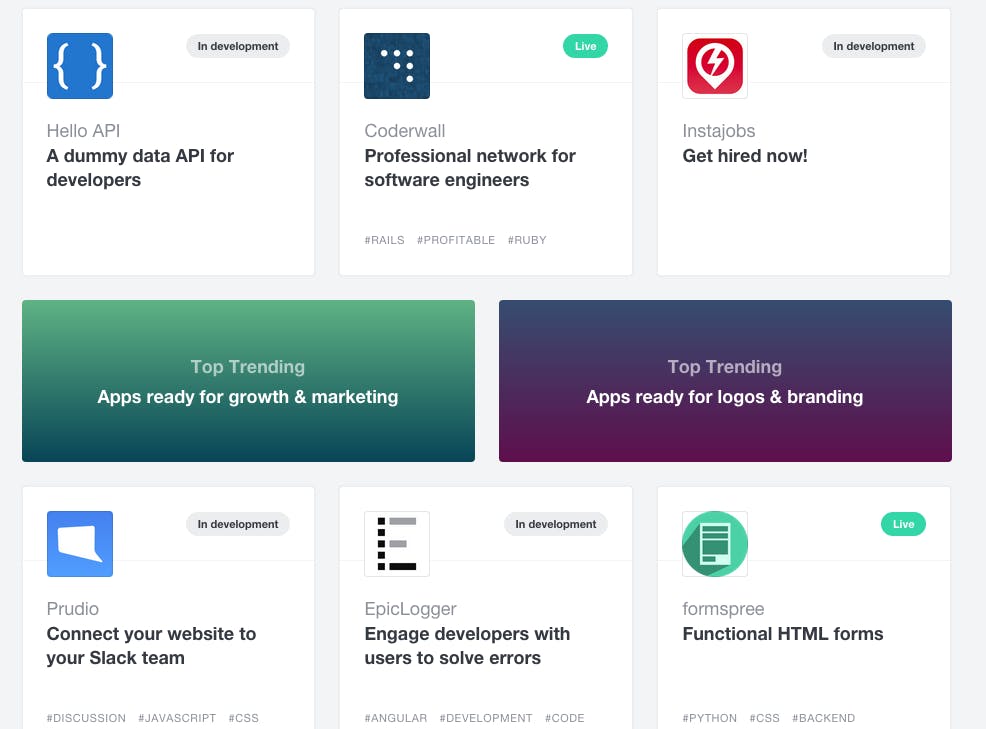If you have an idea for the next great app but lack some (or even all) of the skills necessary to see it through to completion, rest easy: A platform called Assembly unites able-minded professionals from all kinds of backgrounds to find a project they can throw their efforts into, see it through to completion, and even turn it into a business. It helps a lot if you are able to contribute to your own project, but all you really need to get started is a good idea.
Assembly got off the ground in 2012, going through the Y Combinator startup incubator to build something to connect engineers with better engineers. Assembly is built on distributed collaboration—projects are assembled from the ground up without respect to the participants’ location. It’s an egalitarian utopia of ideas coming to life online, and the participants share ownership once their project is complete.
“We have 4.5 million people using products that come out of Assembly,” said founder Matt Deiters. “A side project classically starts in the garage. This is the Internet version of the garage. Where it goes is after that is up to the team that forms around it.”
These projects start small, but as they push forward and get more fully fleshed-out, the rest of the Assembly community takes notice and may be able to pitch in where the core group cannot. The desire to help something become bigger is built right into this platform.
All projects start as ideas—here’s the list of ideas that are trending on Assembly:
Users can peruse the list of ideas, find something they like, and sign on to help bring it to life. As this process goes along, the “idea” becomes a product, such as these:
While these are tech-centric products, the range of what you’ll find here is quite vast. Don’t be dismayed by complicated-sounding “functional HTML forms” or “dummy data APIs”—Assembly is also home to Fun, an app that basically works like Tinder for GIFs. (Swipe right if you love a particular GIF, swipe left if you’re not into it.)
If your idea is good enough to attract the engineers to build it into a product, and that product is compelling enough to monetize, Assembly makes money by charging a 10 percent fee for hosting everything. Deiters said other software marketplaces will retain up to 30 percent of a product’s revenue on average. Here’s why he says Assembly is able to easily undercut competition: “What do most startups spend their money on? To keep the lights on, then labor. The cost to build a company [has] gone down drastically, and it’s now effectively zero because people contribute their time and Assembly takes care of other costs.”
It certainly helps if you’ve got technical skills, but if your idea is compelling enough, those with the necessary abilities will show up and put their time in for free. If you think it, they will come.
Photo via Matt Deiters/Assembly




